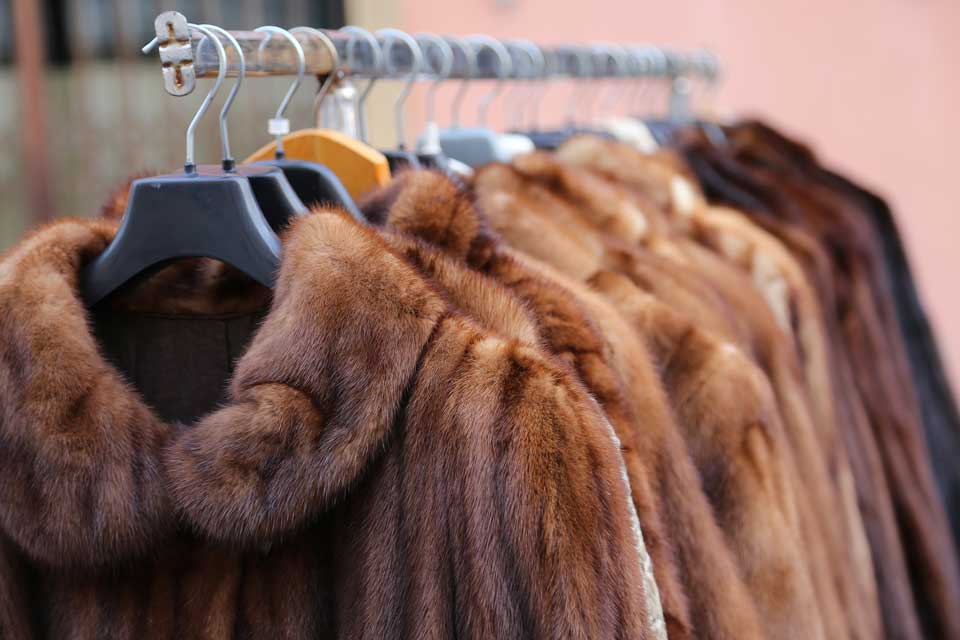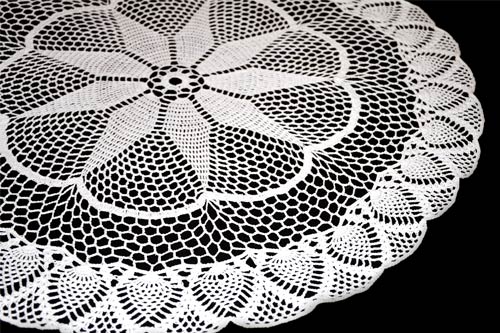What Clothes to Dry Clean — And What Not To
Sooner or later, you'll pick up clothes that have those fateful words on the tag: dry clean only. You may think you can get away with washing those in your personal machines, but then ruin a beautiful sweater in the process. Alternatively, you might want to take extra care and dry clean all of your clothes, rather than risk anything. Today, let's take a look at what fabrics you should dry clean, and what you should throw in your home washer.
What Is Dry Cleaning?
Before discussing what should and should not be dry cleaned, you may find it helpful to understand what the process entails. After all, dry cleaning is not exactly the right name for the process. Usually, the cleaners will treat for stains first, then run the garment through a washing machine. The main difference is the cleaning agent used - a chemical solvent without water.
Your clothes will soak in this solvent, then go through the agitation process, which will loosen dirt and stains from the cloth. The solution drains out, and fresh fluid flushes out the last of the grime. If necessary, your cleaners may treat for stains again afterward, which they will carefully remove with steam, water, or a vacuum in the affected area.
What To Dry Clean
If your clothes are made of some kinds of fabric or constructed with some common techniques, you'll want to make sure they're taken care of by professionals. These include:
- Animal fibers - Some wool, silk, and leather all can shrink or incur damage in an ordinary wash at home.
- Embellished garments - Beads, tassels, and sequins all have a habit of falling off in a regular cycle.
- Decorated fabrics - Paint and embroidery often fade or discolor after one or two washes, if you don't take careful care of them.
- Stains and discoloration - Any stain you don't feel comfortable treating yourself, your cleaner should be able to handle. Your dingy fabrics will also become pristine and white again at the dry cleaner's.
- Extra pieces - If your garments have shoulder pads, sashes, padding, or other add-ons, you'll want a professional to handle them.
- Specialized stitching - Shirring, ruching, smocking, and pleating can all come undone all too easily in the washing machine. Knitted or open-weave fabrics are also susceptible to stretching out of shape or coming undone.
- Vintage clothing - The older cloth is, the more delicate it gets and the more likely to come to harm in your home laundry system.
What Not to Dry Clean
A lot of garments and fabrics will benefit from dry cleaning, but there's no need to go overboard. For ordinary care of these garments, stick to your home washer and dryer:
- Wool - Use your best judgment and the tags on the garment, but you can wash wool in cold water and mild soap. Just avoid the dryer or any wringing; instead, stretch the garment out flat or hang it on a drying rack.
- Cashmere - Though you may think you'd have to dry-clean such an expensive material, the chemical solvents have been known to harm this delicate fabric.
- Cotton - Unless you shop exclusively at high-end boutiques, most of the clothes you buy will be made of cotton, which is home-machine friendly.
- Synthetics - Most of your day-to-day clothing will be made of acrylic, polyester, or nylon, or some blend of synthetic and natural fibers. Don't use too much heat, but they should be fine to wash and dry in your home.
If you have any pieces that need dry cleaning or preservation, contact Crystal Cleaning Center to get the expert help you deserve.








